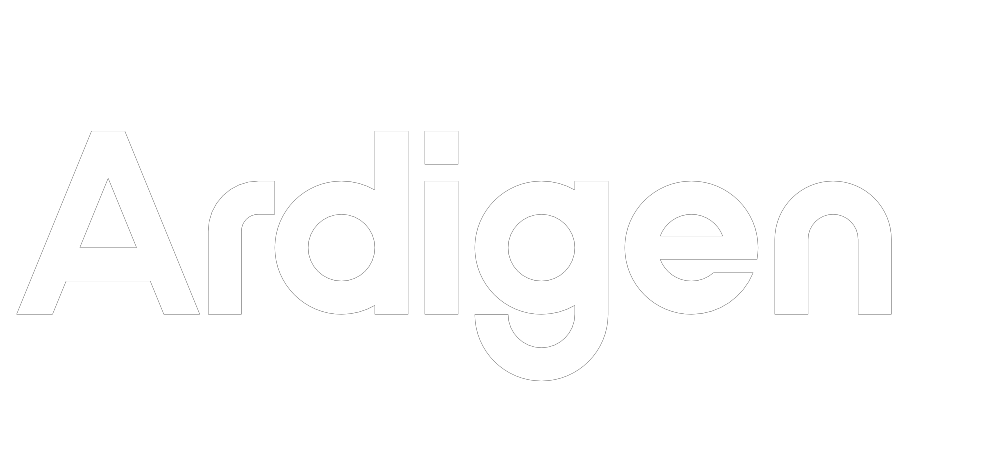Microbial signatures of response to anti-PD1 therapy in metastatic melanoma patients – towards novel biomarker development with artificial intelligence algorithms
Presenter/Authors: Jan Majta, Krzysztof Odrzywołek, Zuzanna Karwowska, Monika Majchrzak-Górecka, Agata Szymanek, Szymon Wojciechowski, Kaja Milanowska-Zabel
The discovery of microbiome’s role in the response to immune checkpoint therapy (ICT) has revolutionized the field of immuno-oncology, unraveling the potential of modulating the efficacy with gut microbiota and personalizing the treatment. Beneficial ‘responder’s gut’ was characterized not only on the community level (in terms of the richness and diversity), but also specific clades were pointed as enriched in the group of responders or non-responders. The clades, however, vary from study to study. This could suggest that the taxonomic profile of a patient is not sufficient to build a predictive model for ICT treatment response. The approach used so far may have been too superficial and the truth could be lying deeper – the functional alterations of a microbiome as a community, rather than a specific species, could be determinant to the outcome of the therapy.
We investigated two cohorts of metastatic melanoma patients treated with ITC [1-3] in order to determine microbial signatures of response to the therapy. We explored shotgun metagenomic sequencing data from the gut microbiome of responders and non-responders with our proprietary method, which combines bioinformatics and artificial intelligence algorithms to reveal function-level features related to the therapy outcome. Combined with biological and clinical expertise, we unearth the complex interactions within the community, that correlate with the response or lack thereof.
In analyzed cohorts we detected a function-associated signal and used it for prediction of patients’ response. The performance of intra-cohort prediction outperforms benchmarks [4], moreover we succeeded to stratify patients in another cohort with regard to both RECIST1.1 response and progression free survival.
Additionally, we discovered metagenomic features, matched with bacterial DNA sequences. Functional annotation of those features revealed associated biological mechanisms. In presented poster we describe selected metabolic pathways as well as the potential role of non-bacterial members of community.
Presented work highlights the discovery of microbial signatures allowing for prediction of anti-PD1 therapy efficacy and describes its functional meaning, allowing for translation of our findings into a diagnostic or therapeutic solution.
1. Gopalakrishnan et al. 2018
2. Matson et al. 2018
3. Routy et al. 2018
4. Gharaibeh et al. 2019




